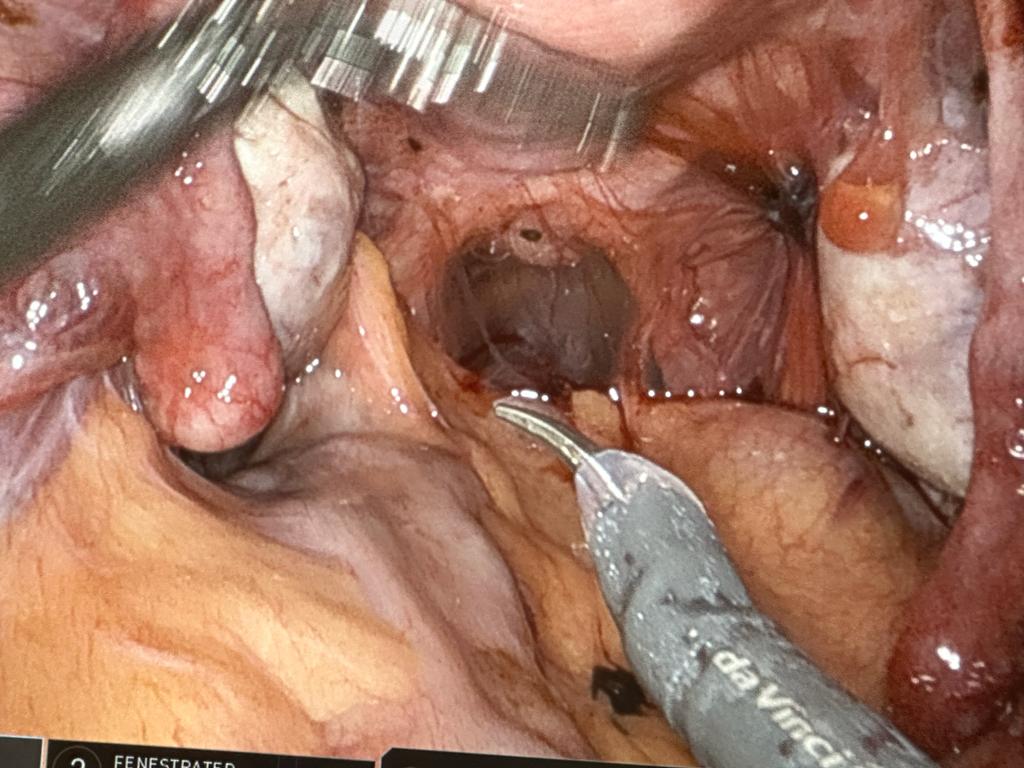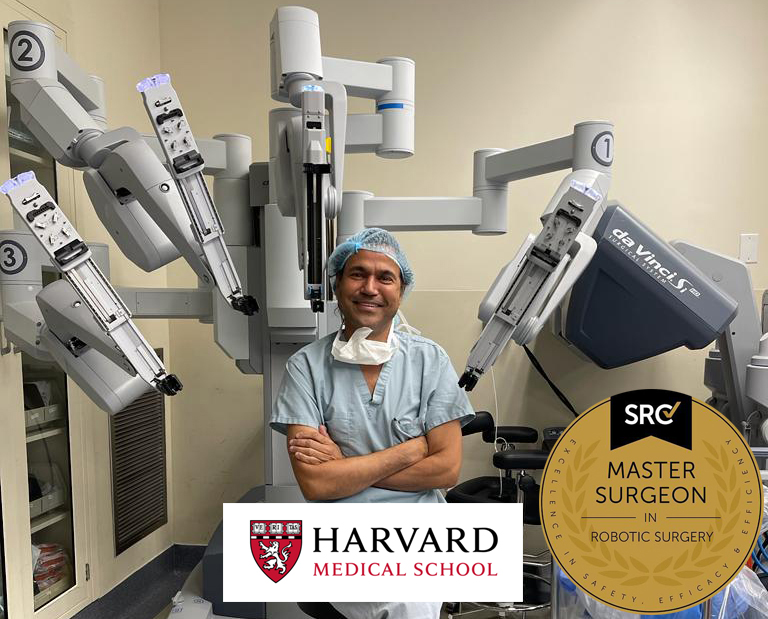Is Deep Infiltrating Endometriosis Life Threatening?
Endometriosis can infiltrate nearby organs like the bowel and urinary bladder, close to the uterus.
Endometriosis has the capacity to infiltrate nearby organs in close proximity to the uterus, which may encompass the bowel and the urinary bladder. This variant of endometriosis is referred to as “deeply infiltrating” or “deeply invasive endometriosis” (DIE) due to its location deep within the affected tissue or organ.
Fortunately, this occurrence is relatively rare, affecting approximately 1 to 5 percent of women with endometriosis. Treating deeply infiltrating endometriosis can be challenging because it does not consistently respond to medical therapies such as oral contraceptive pills or GnRH agonists.
Is Deep Infiltrating Endometriosis Life Threatening?
Deep infiltrating endometriosis (DIE) itself is generally not considered life-threatening. However, it can significantly affect a person’s quality of life and lead to various health complications. DIE is primarily characterized by its invasion of nearby pelvic organs and tissues, which can result in severe and debilitating pain, particularly during menstruation and sexual intercourse. While not life-threatening in isolation, the persistent pain and its impact on daily functioning can have profound physical and emotional consequences for individuals with this condition.
Although DIE is not inherently life-threatening, it can lead to complications such as fertility problems, as it may affect the fallopian tubes and ovaries. Additionally, it can infiltrate organs like the bowel or urinary bladder, potentially causing issues like bowel or bladder dysfunction. While these complications can have a significant impact on a person’s health and well-being, they can often be managed with medical and surgical interventions. It’s crucial for individuals with DIE to seek medical evaluation and appropriate treatment to alleviate symptoms, improve their overall quality of life, and address any associated health concerns.
Symptoms of Deep Infiltrating Endometriosis
Deep infiltrating endometriosis (DIE) often manifests with a range of distressing symptoms that can greatly impact a person’s quality of life. These symptoms may include severe pelvic pain, typically worsening during menstruation, sexual intercourse, or bowel movements. The pain can be so intense that it disrupts daily activities and may require strong pain medications for management. Additionally, DIE can lead to heavy menstrual bleeding (menorrhagia), chronic pelvic pain that extends beyond the menstrual cycle, and pain during urination or bowel movements. Digestive issues such as bloating, diarrhea, or constipation may occur, particularly when the disease affects the bowel. Fertility problems may also arise, making it difficult for individuals to conceive or leading to recurrent miscarriages, as DIE can affect reproductive organs like the fallopian tubes and ovaries. This complex array of symptoms often necessitates medical attention and tailored treatment.
It’s worth noting that the severity and combination of these symptoms can vary from person to person. Some individuals with DIE may experience only a subset of these symptoms, while others may face multiple severe symptoms that profoundly affect their daily lives. Given the potential impact on health and well-being, individuals experiencing any of these symptoms should seek prompt medical evaluation and consultation with healthcare professionals skilled in the management of endometriosis. Early diagnosis and appropriate treatment can help alleviate suffering, improve quality of life, and address any associated health concerns.
Importance of Laparoscopic Treatment in Deep Infiltrating Endometriosis
Laparoscopic treatment, also known as minimally invasive surgery, plays a crucial role in the management of deep infiltrating endometriosis (DIE) for several important reasons:
- Accurate Diagnosis: Laparoscopy allows for direct visualization of endometriotic lesions, enabling precise diagnosis of the condition. This accuracy is vital in distinguishing DIE from other pelvic conditions and planning appropriate treatment strategies.
- Precise Lesion Removal: Laparoscopic excision surgery enables the targeted removal of endometriotic lesions, including those deeply infiltrating nearby organs. This minimally invasive approach preserves healthy tissue while effectively addressing the root cause of pain and complications associated with DIE.
- Pain Management: Relief from severe pelvic pain is a primary objective in DIE treatment. Laparoscopic surgery offers an effective means of achieving this goal by excising the endometriotic tissue responsible for the pain, improving the patient’s quality of life.
- Fertility Preservation: In cases where fertility is a concern, laparoscopic surgery can help restore normal pelvic anatomy and function. By carefully removing obstructive lesions, laparoscopy can enhance the chances of natural conception, preserving fertility options for affected individuals.
- Minimized Discomfort and Faster Recovery: Laparoscopic procedures involve smaller incisions, resulting in less postoperative pain and faster recovery times compared to open surgery. This minimizes disruption to a patient’s daily life and allows for a quicker return to regular activities.

- New York Gynecology Endometriosis
- Contact Info:
-
375 E. Main Street,
Suite 7, Bay Shore,
NY 11706 - (631) 533-9733
Pankaj Singhal, MD, MS, MHCM
Master Surgeon in Robotic Surgery
Dr. Pankaj Singhal, a globally recognized endometriosis surgeon, possesses over 25 years of expertise in laparoscopic excision surgery, enabling him to tackle even the most challenging endometriosis cases with confidence. Dr. Pankaj treats patients with diverse endometriosis-related conditions, ranging from ovarian endometriomas to severe deep infiltrating endometriosis that affects the bowels and other organs.
Dr. Pankaj prioritizes minimally invasive surgery and provides comprehensive personal care. Additionally, he is the owner and founder of New York Gynecology and Endometriosis (NYGE), and has dedicated his life to advocating for, respecting, and treating women suffering from this little-known disease. He is one of the few surgeons in the entire United States who have completed over 5,718 robot-assisted gynecologic surgeries.

We Accept Most Major Insurance Plans
Convenient Billing Options for Comprehensive Coverage.
Surgeries are typically covered by health insurance. However, the extent of coverage can vary depending on the specific insurance plan and policy. Some insurance plans may cover a broad range of surgical procedures, including both elective and necessary surgeries, while others may have limitations or exclusions for certain procedures.
In some cases, certain insurance plans or programs may fully cover the cost of surgery, leaving the patient with no financial responsibility.
Request an Appointment with
New York Gynecology Endometriosis
"*" indicates required fields
